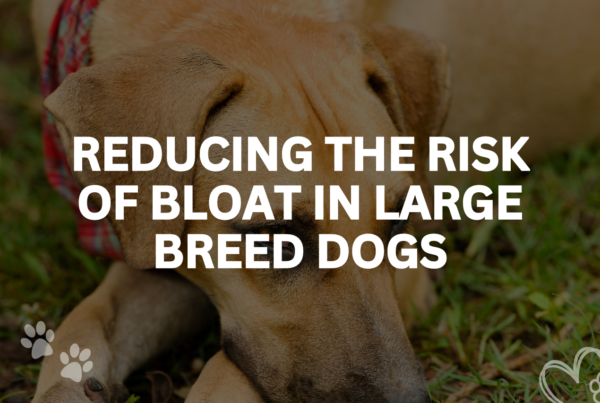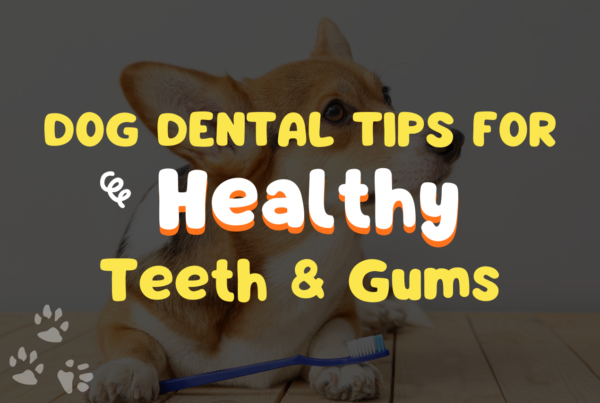
Dog sneezing is common, but you may question if excessive sneezing is something to worry about. When it comes to canine sneezing, it’s important to distinguish between a dog sneezing for fun or communication and sneezing as a sign of something more serious.
Sneezing can be caused by many things, but here are some of the most common causes and some of the symptoms to look out for, as well as what you should do when your dog won’t stop sniffling.
Anatomy Of A Dog Sneeze
In spite of the fact that dog noses look extremely different from ours, the dog nose’s composition is very similar to that of our own. One of the most important parts of our digestive and respiratory systems, the pharynx, is located in the back of our throat.
When an irritant enters the nose or throat, the body expels air through the nose and mouth in an effort to remove it from the body.
Seasonal Allergies
Dogs’ sneezing is frequently brought on by seasonal allergies. Any time your dog sneezes after being outside or while you have a window open in your house, seasonal allergies are likely to be the source of the problem. When pollen counts are high, your dog may require allergy medicine.
For severe allergic reactions, they may also need antibiotics, but your vet can provide additional information about the best treatment.
Sneezing Caused By Playfulness
In the course of playing with a dog or watching them play with other animals, you’re likely to have witnessed a play sneeze. During play, many dogs sneeze wildly, especially if the situation is highly tense. During energetic play sessions, these beautiful sneezes frequently sound like short snorts coming from the nose rather than the lungs.
This particular type of sneeze is a form of communication, and that it’s most likely being used to communicate that the roughhousing is only for fun or to calm down the playmate. To communicate, dogs use their entire bodies, and a sneeze is just one of many ways they do it.
Colds Or Infection
Dogs with upper respiratory tract infections are more prone to cough rather than sneeze, so it’s not a big deal if they sneeze from time to time. While it is possible to have an Aspergillus fungus infection if the sneeze continues for a lengthy period of time, this is not always the case.
Inhalation of a fungus through dust, hay, or grass pieces causes this. If this is the case, you’ll need to take your dog to the vet for help. Snoring may also be caused by an infestation of nasal mites, which can induce nosebleeds and nasal discharge. These mites are more likely to spread among dogs who enjoy digging.
Inhaled Irritants
It’s not uncommon for dogs to rummage through your home, smelling everything in sight. They try to sneeze away the irritants while they are still in their nasal passages.
Small dust particles, fragranced candles, spray deodorant, carpet powder and pollen are just a few of the typical allergens that might make your dog sneeze. Other common irritants include cleaning products and cigarette smoke.
Nasal Tumor
If your dog has a nasal tumor, it is possible that they could suffer a persistent sneezing fit that will get worse with time. The likelihood of experiencing sneezing symptoms increases in proportion to the size of the tumor. As the tumor grows, the individual may also have various symptoms related to their upper respiratory system, such as wheezing, coughing, and a runny nose.
In the case of a dog that has been diagnosed with a nasal tumor, your veterinarian will collaborate with you to find the most appropriate treatment option. In many cases, these tumors can be surgically removed, but in other cases, treatment with chemotherapy or a similar method may be necessary to help them eradicate.
Reverse Sneezing
This is when a sneeze isn’t really a sneeze. It could sound like a honk or like someone snorting, and it would be accompanied by noisy breathing in. Irritation in the mouth’s rear is believed to be the cause behind this. When a dog becomes excited, they may do this, but there is often no apparent cause for it!
If your dog does this from time to time, don’t be concerned. A checkup is recommended if the symptoms are consistent and regular.
Teeth Problems
Most dogs have some form of dental problem at some point in their lives, whether it’s a tooth that’s broken or diseased, or swollen gums. Sneezing and a runny nose are symptoms of an abscess in the mouth of a dog, which can be caused by any inflammation or infection.
After that, the infection might migrate to the sinuses, giving the appearance of a problem with the nose. Teeth problems in dogs can be excruciatingly unpleasant, just as they are for humans, and as a result, should be addressed as fast as possible.
If you suspect your dog has a mouth infection, see your veterinarian immediately. When it goes on for a long time, it becomes more difficult and expensive to treat, and your dog will be in agony for longer!
How To Prevent Sneezing In Dogs
The best way to stop your dog from sneezing will depend on what’s causing him to do it in the first place. Be sure that your dog has received all of the immunizations that are prescribed for it.
Regular vacuuming and reducing the exposure to noxious aerosols, such as room sprays and diffusers (including essential oil diffusers), are two of the best ways to cut down on environmental allergens. Due to the fact that scent work has the potential to provide excellent environmental enrichment for dogs, it may not be advisable to completely stop doing it.
Instead, make an effort to exert as much control on the surrounding environment as you can. Be sure to keep a close look on what your dog is sniffing, as well as what is in the environment that they can unintentionally absorb into their nose.
Avoiding sneezing isn’t necessary except in cases of disease. You shouldn’t worry if your dog occasionally coughs or sneezes when playing or after a good roll on the carpet.






